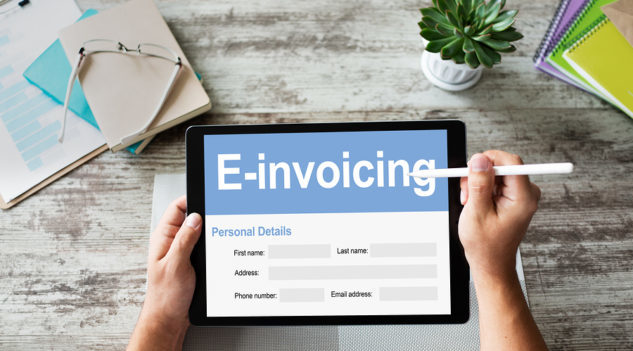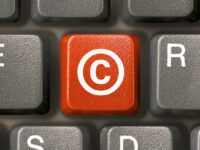The Australian Small Business and Family Enterprise Ombudsman, Bruce Billson, has encouraged small businesses to adopt electronic invoicing, or eInvoicing, as it provides a more secure and faster way for them to get paid.
“There are real opportunities for small business in engaging with eInvoicing,” Billson shared. “It’s a great way of sending invoices in a secure way, with improved cyber protection, simplicity and efficiency. Cashflow is the oxygen of enterprise, and this is a more secure and efficient way of dealing with what is a vital part of getting paid, replacing what can be a tendinous, mundane and error-prone activity.”
Billson explained that eInvoicing allows a business to exchange invoices through a secure network using existing business software, making it easier and safer to send and receive invoices digitally with other businesses, such as suppliers, contractors or government.
“The process is entirely digital and eInvoices are not PDF invoices that need to be printed, posted or emailed,” he said.
The Ombudsman pointed out that small businesses have long been particularly vulnerable to invoice substitution scams, also called payment redirection scams or business email compromises, wherein cybercriminals can intercept emails to customers and insert different bank account details for payments. The details sent out to the unknowing small business look legitimate enough and reflects a bill they were expecting for the small business unknowingly pays it. The money then goes to the criminal’s bank account and is quickly shifted, usually to cryptocurrency, where the chances of recovering the lost money become slim, if not none at all.
“Scamwatch data shows small businesses lost millions of dollars in such scams last year. Using eInvoicing can reduce this risk,” Billson said, adding that eInvoicing can also help streamline business operations.
“No one wants to spend all their life sending out Invoices. Imagine if that system was connected with your customers and your suppliers, he said. “You can send the information off, you validate that it’s the right people with all the critical information to execute the payment.”
The Federal government has already taken steps in pushing eInvoicing, as it has committed to spending $23 million of the Federal Budget for its adoption among small businesses, alongside efforts to incentivise its use with faster payment times by its suppliers, both of which have been acknowledged and commended by the Ombudsman.
In addition, Billson also commended the efforts of finance software providers in offering eInvoicing in their platforms,
Billson concluded with reiterating the call towards a shift to eInvoicing, saying, “For small and family businesses, I urge taking up the eInvoicing option to really streamline their dealings with other business and government customers, expand the use of eInvoicing across a growing network of users and increase the benefits to individual businesses and the economy that the technology offers.”















